Wild animals can get sick and injured, just like our pets. It is illegal for a member of the public to care for wildlife—it takes a lot of specialized training to become a professional wildlife rehabilitator—but we all have a shared responsibility to ensure the welfare of wild animals. Most wild animals admitted to wildlife rehabilitation centres are there because of something related to human activity. This can include injuries from being caught by a free-roaming cat or off leash dog, being struck by a car, colliding with a window, being orphaned, or contracting a disease from a dirty bird feeder or bird bath. As urbanization expands and human-wildlife interactions increase, wild animals are left facing many dangers associated with our urban landscapes. It is our responsibility to help wildlife impacted by human activities and reduce the amount of harm caused.
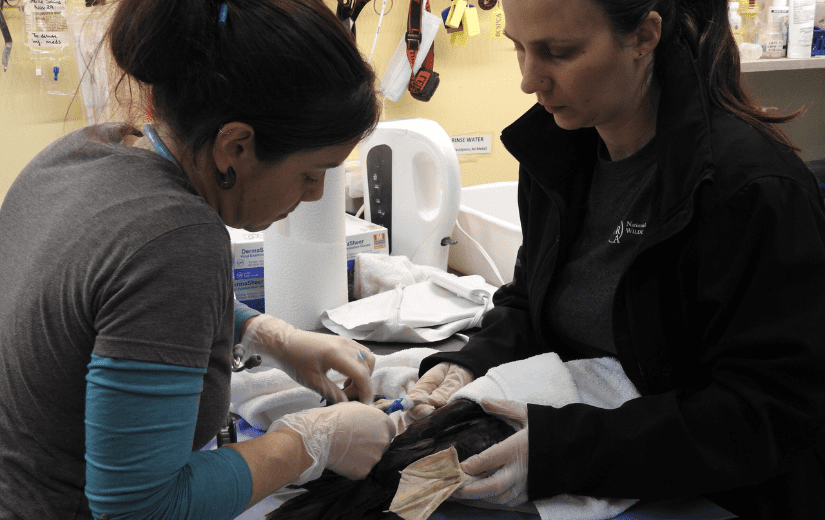
Wildlife rehabilitation centres in B.C. are permitted by the provincial and federal government to care for wild animals. The goal of wildlife rehabilitation is to
provide professional care to injured, sick, orphaned, and distressed wild animals and release recovered animals back into the wild or provide humane euthanasia to relieve the suffering of those that cannot be rehabilitated.
Professional treatment of wildlife is complex, with each species requiring specialized diets and enclosures to ensure they receive appropriate care while in temporary captivity. Normally, wild animals have a healthy fear of humans, which is a good thing. Wildlife rehabilitators wear disguises and minimize interaction with patients in their care to prevent habituation and ensure rehabilitated animals maintain this healthy fear so they will thrive alongside us when released back into the wild.
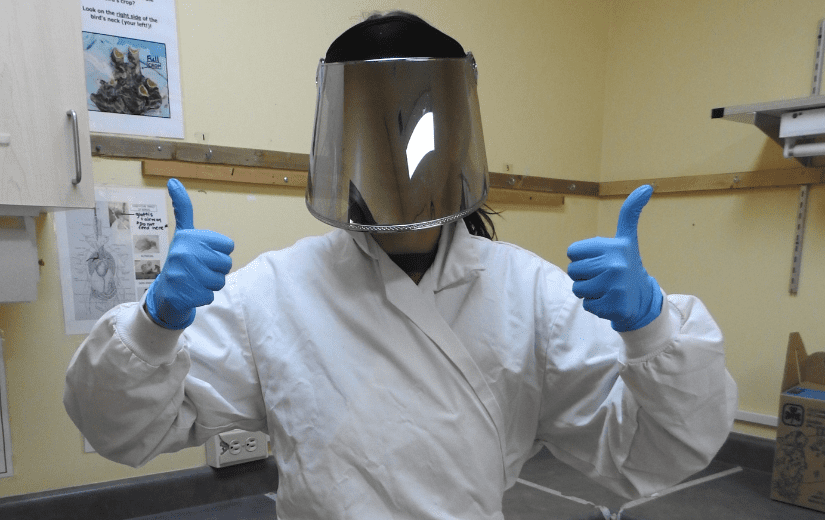
There are multiple wildlife rehabilitation centres in B.C. The Wildlife Rehabilitators Network of BC was founded in 1989 to provide a community connection and sharing of resources for rehabilitators across the province. All wildlife rehabilitation centres in B.C. are non-profit organizations that do not receive government funding for their operations. Wildlife rehabilitation centres provide an important community service and rely on donations from compassionate community members to save many wild lives. Wildlife rehabilitation focuses on individual animals and contributes to the conservation and protection of wildlife. When animals in need of help are a threatened or endangered species, returning even one individual to a population can make a difference towards their conservation as a species.
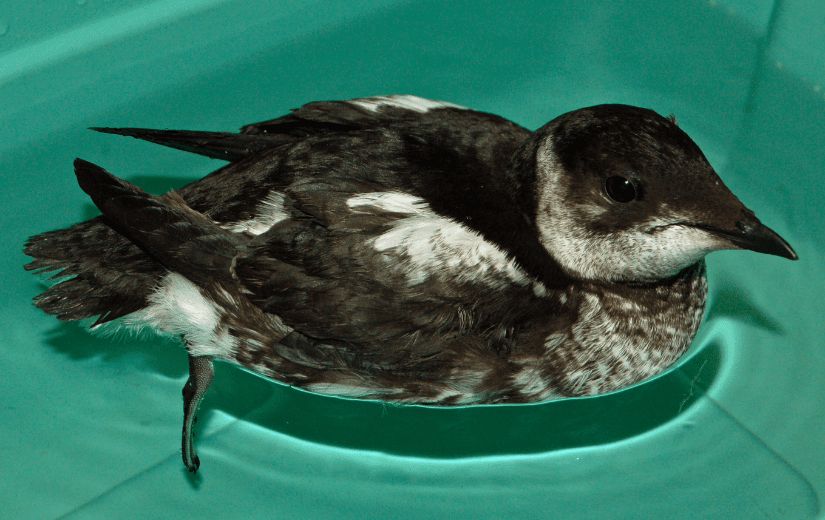
The BC SPCA’s Wild Animal Rehabilitation Centre (Wild ARC) is the only wildlife rehabilitation centre on southern Vancouver Island. We work closely and collaborate with other wildlife rehabilitators and centres to ensure the best care for wild animals in need across the province. Our wild animal programs also develop educational materials and provide accessible information to encourage all British Columbians to learn about wildlife in their community and support wildlife rehabilitation to ensure people and animals are thriving together.
If you come across an injured or orphaned wild animal you think may need help and you are unsure about what to do, contact your local wildlife rehabilitator or call the BC SPCA Animal Helpline at 1-855-622-7722 for advice.
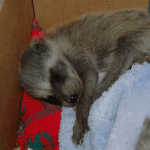 How to rescue a wild animal
How to rescue a wild animal
Find out how you can rescue and/or contain a wild animal that needs help! There is no ambulance for wildlife, you are their best chance at getting the help they need from a professional wildlife rehabilitator.
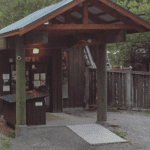 Wild Animal Rehabilitation Centre (Wild ARC)
Wild Animal Rehabilitation Centre (Wild ARC)
Learn more about Wild ARC’s work on southern Vancouver Island.
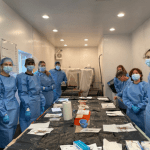 Training and careers in wildlife rehabilitation
Training and careers in wildlife rehabilitation
Wildlife rehabilitation is an emerging profession — learn how you can get started!
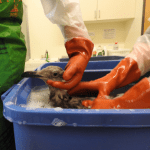 Oil wildlife Response Information
Oil wildlife Response Information
Learn about the impacts of oil spills on wild animals and how to report an oil spill — it can save lives!
Subscribe to WildSense newsletter
WildSense is a bi-monthly e-newsletter focusing on the unique issues and challenges of wild and exotic animals in B.C. WildSense promotes coexistence for human-wildlife conflicts and offers alternatives to exotic animal captivity with evidence-based solutions to improve the welfare of wildlife and exotic animals. Subscribe today!
The BC SPCA uses your personal information to update you on our work for animals as well as for advertising and analytics purposes. More information on uses and how to opt-out can be found in our Privacy Policy.
